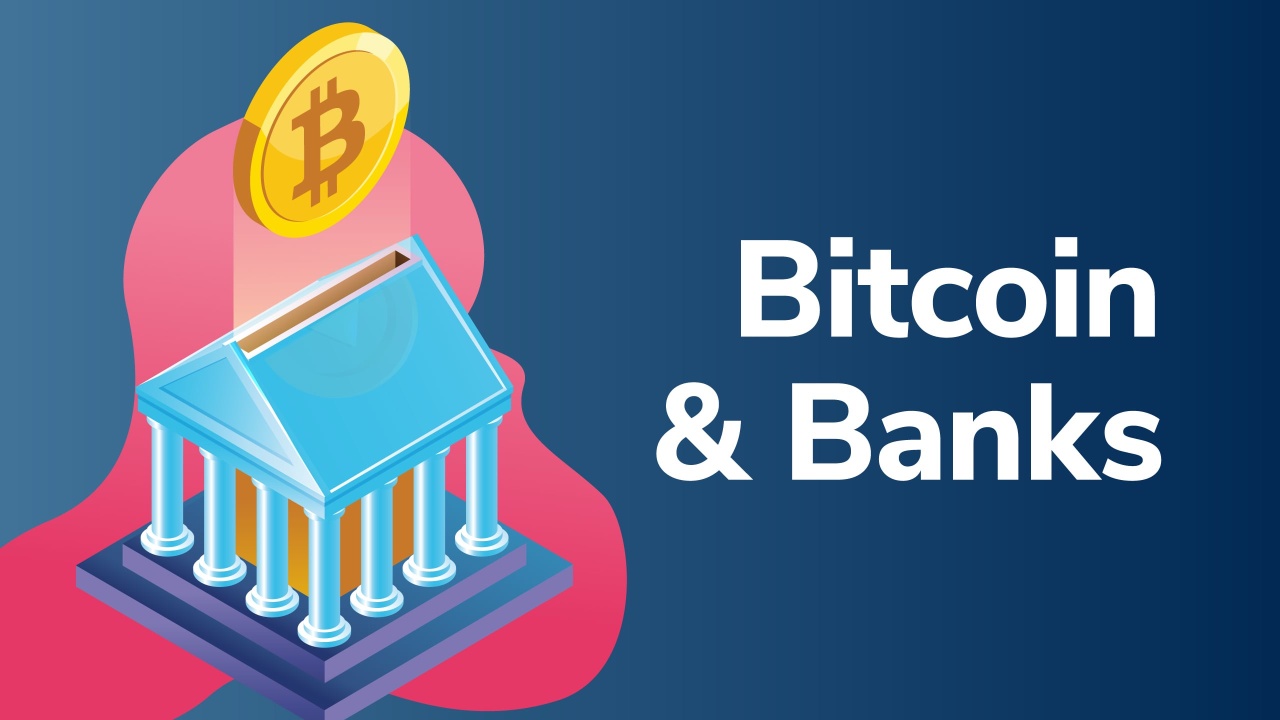Bitcoin and Central Banks: Examining the Relationship

Bitcoin and Central Banks: Examining the Relationship

The relationship between Bitcoin and Central Banks, the primary institutions responsible for managing the economy and regulating the financial system, remains complex and evolving. In this article, we will examine the history and current state of the relationship between Bitcoin and Central Banks, as well as the potential implications of this relationship for the future of the economy and society. Know about the tools that can make your trading experience better, like this trading bot a fully automated trading.
Bitcoin and Central Banks: A Brief History

Bitcoin was first introduced in 2008 by an unknown individual or group using the pseudonym Satoshi Nakamoto. The currency is based on a decentralized system that uses cryptography to verify and secure transactions, eliminating the need for a central authority or intermediary. This fundamental difference from traditional currency has made Bitcoin a source of both excitement and controversy in the financial world.
Central Banks, on the other hand, have long been the primary institutions responsible for managing the economy and regulating the financial system. They are tasked with maintaining price stability, ensuring the stability of the financial system, and promoting economic growth.
Initially, Central Banks were wary of Bitcoin and other cryptocurrencies. They viewed them as a threat to their authority and the stability of the financial system. Some Central Banks went so far as to issue warnings and regulations to limit or ban the use of Bitcoin.
However, over time, some Central Banks have come to see the potential benefits of Bitcoin and have begun to explore ways to incorporate it into their systems. For example, in 2021, the Central Bank of Ukraine announced plans to launch a digital currency based on blockchain technology.
Bitcoin and Central Banks Today

The current state of the Bitcoin market and its impact on the global economy is complex and constantly changing. Bitcoin has experienced significant fluctuations in value, with some experts attributing this to the lack of regulation and the absence of a central authority to control its supply and demand.
Central Banks have responded to the emergence of Bitcoin in various ways. Some have sought to regulate the market to limit its impact on the economy, while others have taken a more laissez-faire approach.
One of the biggest challenges facing Central Banks today is how to regulate Bitcoin and other cryptocurrencies. While some Central Banks have issued warnings and regulations to limit or ban the use of Bitcoin, others have taken a more open approach. For example, the Central Bank of Canada has experimented with blockchain technology and has even considered launching its own digital currency.
Despite the regulatory challenges, Bitcoin has continued to gain popularity and is increasingly being adopted by businesses and individuals around the world. Some experts believe that Bitcoin could eventually become a mainstream currency, while others remain skeptical.
In addition to its impact on the economy, Bitcoin has also raised questions about the role of Central Banks in the financial system. Some argue that Bitcoin could potentially replace or significantly alter the traditional role of Central Banks, while others believe that Central Banks will continue to play a vital role in the management of the economy.
Implications of the Bitcoin-Central Banks Relationship

The relationship between Bitcoin and Central Banks has far-reaching implications for the future of the economy and society. The growing popularity of Bitcoin and other cryptocurrencies has raised questions about the role of Central Banks in the financial system and their ability to regulate new forms of currency.
One potential implication of the Bitcoin-Central Banks relationship is the impact on monetary policy. Central Banks use monetary policy to manage the money supply and control inflation.
Another potential implication is the impact on financial stability. Bitcoin’s volatility and lack of regulation have raised concerns about its potential to destabilize the financial system. In the event of a major Bitcoin crash, Central Banks may be called upon to provide liquidity and stabilize the markets.
Furthermore, the relationship between Bitcoin and Central Banks has implications for financial inclusion. Bitcoin offers a decentralized alternative to traditional banking, which could be particularly beneficial for individuals and businesses in underserved or unbanked communities.
Finally, the relationship between Bitcoin and Central Banks has implications for the future of money and the role of financial institutions. Bitcoin’s decentralized and secure nature challenges the traditional model of finance, which is based on centralized control and intermediaries.
Conclusion
In conclusion, the relationship between Bitcoin and Central Banks remains a complex and evolving one. While Central Banks initially viewed Bitcoin with suspicion, some have now begun to explore its potential benefits and are even experimenting with blockchain technology. However, the lack of regulation and Bitcoin’s volatility present challenges for Central Banks, and its growing popularity raises questions about the future of money and financial institutions.




